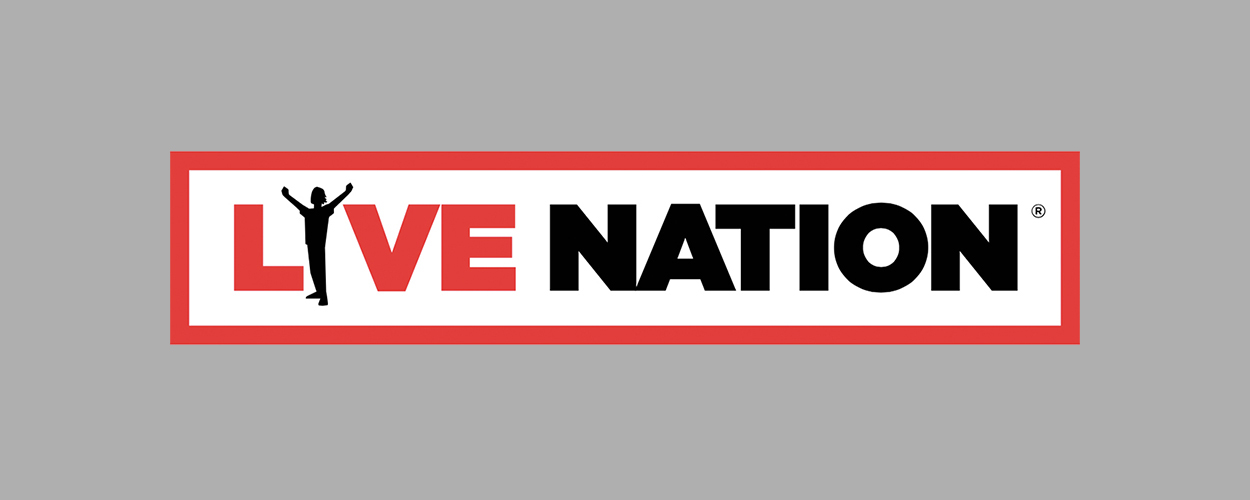This website uses cookies so that we can provide you with the best user experience possible. Cookie information is stored in your browser and performs functions such as recognising you when you return to our website and helping our team to understand which sections of the website you find most interesting and useful.
Business News Legal Live Business Top Stories
Artist groups call on Congress to investigate Live Nation’s controversial post-COVID memo
By Chris Cooke | Published on Thursday 25 June 2020

American music industry campaign groups the Artist Rights Alliance and the Future Of Music Coalition have both called on members of US Congress to investigate the recently circulated memo from Live Nation regarding changes to its artist contracts once the COVID-19 shutdown is over. Those proposed changes are “exploitative”, they argue, and the result of “monopolistic behaviour” by the live music giant and its biggest shareholder Liberty Media.
The memo in question set out a number of changes Live Nation said it would need to make to its artist deals once the live music industry swings back into action post-COVID. It was specifically dealing with changes to artist deals for festival bookings, although many assumed that many of the changes could or would be applied to other live activity led by the live music firm.
Among the changes was confirmation that fees across the board would drop by about 20%, while artists would also have to share more of the risk associated with putting on shows. They’d receive no fee at all if a second COVID spike or a return of social distancing rules meant another round of shows got cancelled. And if it was the artist who cancelled a performance, they’d have to pay the promoter 200% of their agreed fee.
The backlash to the memo among the artist and management community was possibly stronger because of the tone of the document, which very much implied these demands were fixed and non-negotiable. However, in an interview with Pollstar, the boss of one of Live Nation’s festival divisions, C3 Presents, insisted that the memo contained proposed changes rather than take-it-or-leave-it new contract terms.
Charles Attal said that the proposals were part of ongoing conversations about how the industry at large can tackle the challenge of getting live music going again after an unprecedented shutdown.
And while Live Nation probably would need to lower the payment guarantees it made to artists in 2021, if its festivals sold well, ‘clawback’ terms in contracts would often provide top-up payments that would bring the artist’s fee back up to 2019 levels. He also said that, with hindsight, the ‘200% of your fee’ penalty for artists that cancel shows shouldn’t have been in there.
The letter from the Artist Rights Alliance and the Future Of Music Coalition has been sent to the Judiciary Committee of the House Of Representatives in Congress.
Rejecting some of Attal’s claims, the two groups said in a statement yesterday: “In an attempt to profit off the pandemic, Live Nation has implemented unfair ‘take-it-or-leave-it’ contract terms for 2021 that radically cut performance fees and expose artists to absurdly high penalties in the event of any pandemic-related delays or cancellations”.
In its letter to the House committee, the groups add: “Liberty/Live Nation should not be allowed to exploit its multi-market monopoly and impose overwhelmingly one-sided and exploitative terms on performers under cover of a worldwide pandemic emergency”.
If you are wondering why Liberty Media – which controls about a third of Live Nation’s stock – is getting a specific name-check here, that’s because of another campaign being led by the Artist Rights Alliance.
Liberty also has a controlling stake in US satellite broadcaster Sirius, which in turn owns personalised radio service Pandora. And – most importantly – it has a small take in America’s biggest radio company iHeartMedia, which it is seeking to significantly increase.
Back in May, the Artists Rights Alliance called on the US Department Of Justice – in its role as the country’s competition regulator – to block any move by Liberty to take a bigger or even controlling stake in iHeartMedia.
And a petition now set up by the campaign group in response to Live Nation’s controversial memo not only calls on Congress to investigate Live Nation and Liberty’s “monopoly abuses and exploitation of the pandemic to extract pay cuts and other concessions from working artists”, but also for the “DOJ to reject Liberty’s acquisition of iHeartMedia”.





